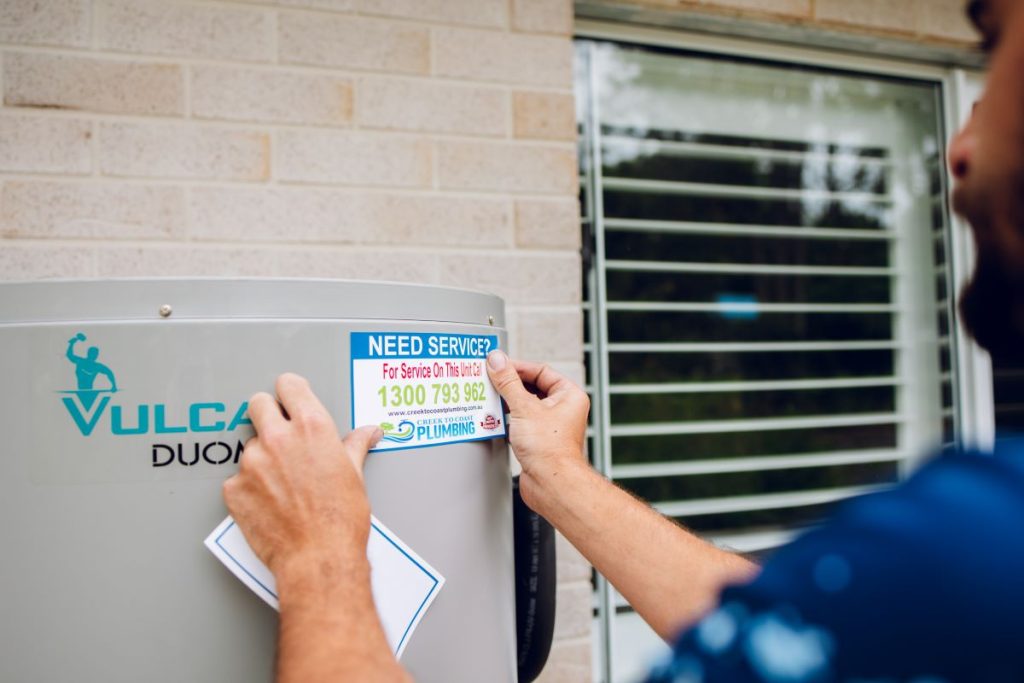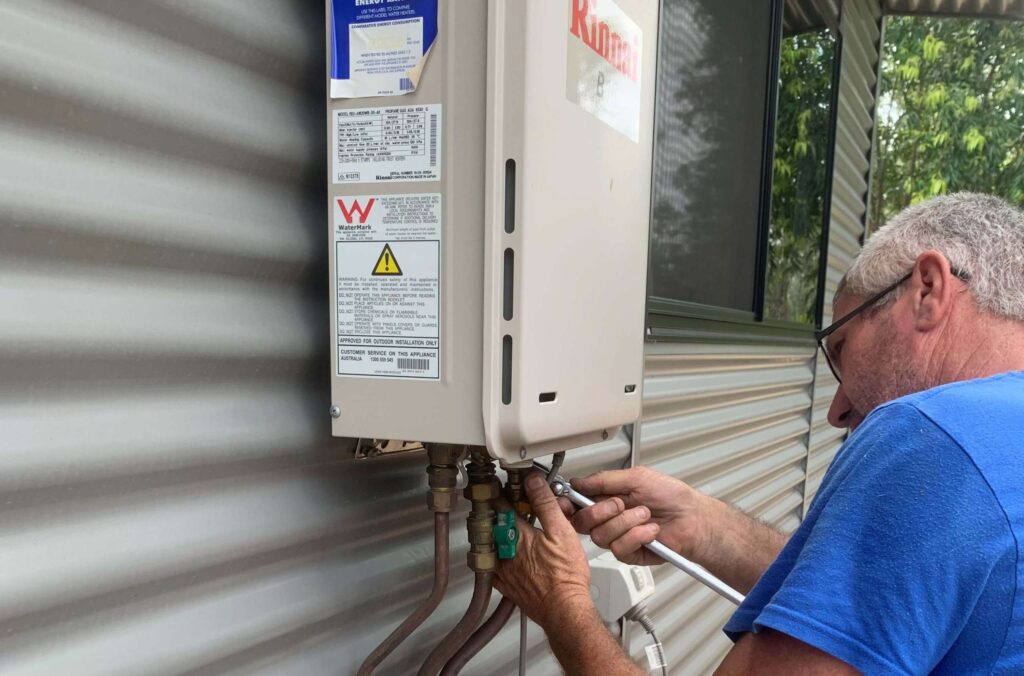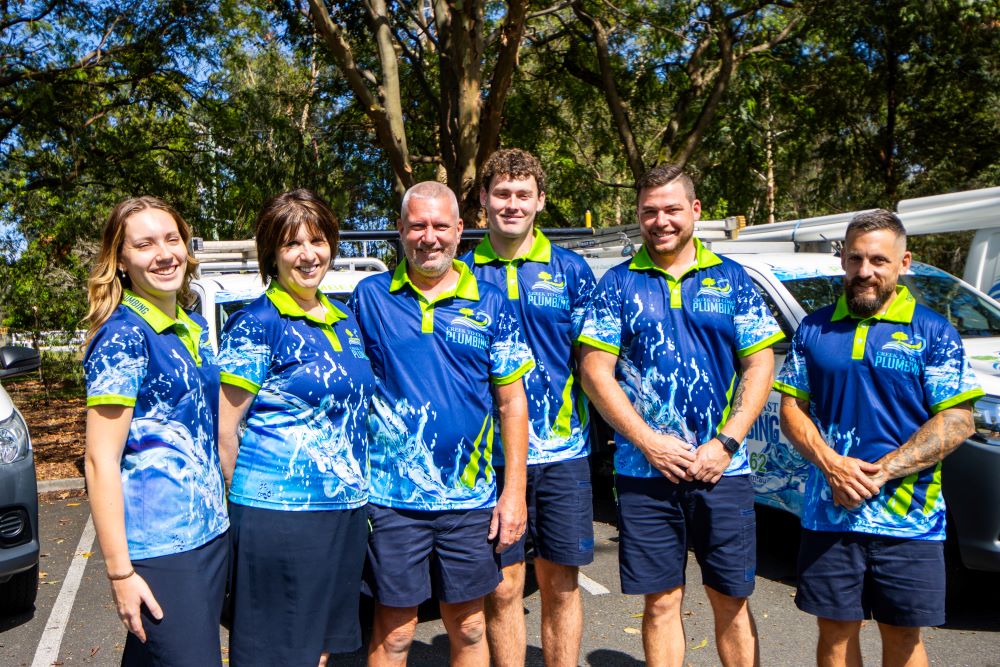If you’re contemplating the installation of a solar hot water system in Queensland, you might have encountered the term booster systems. Grasping their significance is crucial for homeowners who want to maximize their hot water efficiency. Are these boosters genuinely essential for your solar hot water setup? What potential challenges could arise if you opt not to include this critical component? These questions are vital for anyone eager to enhance their hot water experience and guarantee a reliable supply of hot water, especially in a climate like Queensland’s.
The straightforward answer is a resounding yes — a booster is absolutely essential. In this detailed guide, we will explore how solar hot water systems function, the specific situations that necessitate boosters, and the key information that homeowners in Queensland need to know to avoid unexpected cold showers and ensure a dependable hot water supply year-round.

Discover Why Boosters Are Crucial for Your Solar Hot Water System
A booster acts as a secondary heat source, typically powered by electricity or gas, that efficiently heats your water supply during times when solar energy is inadequate. This capability is essential for ensuring you receive a steady supply of hot water in various situations, such as:
- Overcast or rainy days when solar energy generation is compromised
- Early mornings or late nights when sunlight is scarce, leaving your system underperforming
- Winter months characterized by shorter daylight hours, which can significantly limit solar gain
- High-demand scenarios, such as during multiple showers or laundry loads
Without a booster, your solar hot water system may struggle to provide consistent hot water, especially during peak usage times or when the weather conditions are unfavorable. Thus, understanding the function of a booster is critical for optimizing your overall hot water experience and satisfaction.
Compare Electric and Gas Boosters for Optimal Hot Water Efficiency
Electric Boosters are frequently used in homes that rely solely on electricity. These systems automatically heat the water whenever the solar input falls below a predefined level. The advantages of electric boosters include:
- They are widely available and simple to install, making them a popular choice
- They typically have lower initial installation costs compared to gas systems, appealing to budget-conscious homeowners
- They operate automatically to secure hot water availability, enhancing user convenience
- However, they may incur higher running costs, which can fluctuate based on your energy tariff structure
Gas Boosters, on the other hand, are often preferred in homes with an existing gas supply. They provide on-demand heating, activating only when hot water is needed. The benefits of gas boosters include:
- Quick and efficient heating capabilities, ensuring hot water is readily available when required
- Generally lower running costs than electric boosters, which can lead to long-term savings on energy bills
- Higher initial installation costs if a gas connection isn’t already established, which may deter some homeowners
For households with continuous-flow demands or those transitioning from off-grid solar systems, we strongly recommend considering gas boosters due to their enhanced efficiency and performance benefits, making them a smart choice for many families.
Learn How Solar Boosters Work in Harmony with Your Hot Water System
Most solar hot water systems are equipped with a thermostat or sensor that continuously monitors the water temperature. If the temperature dips below the required level—typically set at 60°C for health compliance—the booster automatically engages to guarantee that you always have access to hot water, irrespective of external weather conditions.
Homeowners can select between two options:
- Manual Boosting: This option permits you to control when to activate the booster system, providing greater flexibility to users.
- Automatic Boosting: The system automatically engages the booster only when necessary, offering increased convenience for homeowners.
In Queensland, automatic boosters are more widely used due to their adherence to local regulations and the convenience they provide for homeowners, ensuring peace of mind and reliable hot water access throughout the year.

Understand the Essential Regulations for Solar Hot Water Systems in Queensland
According to the Queensland plumbing regulations, it is mandatory for a compliant solar hot water system to reliably provide hot water throughout the entire year. This requirement emphasizes the necessity of a booster for compliance with local laws.
This regulation also serves as a crucial safety standard. To avoid the proliferation of harmful bacteria, such as Legionella, hot water must consistently reach a minimum of 60°C. Without a booster, maintaining this temperature can be challenging, particularly during overcast or cold days when solar input is insufficient.
Recognize Common Issues with Your Solar Booster System
How can you determine if your booster is malfunctioning? Be alert for these common signs:
- Water remains lukewarm during the colder winter months, indicating inefficiencies
- Experiencing cold showers in the mornings, even after sunny days, can signal problems
- System fault lights or error codes appearing on your unit, indicating potential malfunctions
- Hot water is only available after prolonged exposure to sunlight, suggesting inadequate heating provided
What steps should you take?
If your system is not performing as expected, the issue may lie with the booster rather than the solar panels themselves.  It is advisable to schedule a comprehensive system check with our professional team to efficiently diagnose and resolve any issues.
It is advisable to schedule a comprehensive system check with our professional team to efficiently diagnose and resolve any issues.
Establish Recommended Service Intervals for Your Solar Boosters
To guarantee that your solar system and booster operate at their peak performance, we recommend scheduling maintenance every 2–3 years. However, you may need earlier servicing if you notice:
- Your system is older than five years, which can result in declines in efficiency
- Inconsistent water temperatures, indicating possible malfunctions within the system
- A significant period has elapsed since the last inspection of the anode rod or valve, which can impact performance
Regular maintenance not only aids in preventing breakdowns but also ensures that your booster activates when necessary, providing you with consistent hot water precisely when you need it most.
Analyze the Financial Impact of Boosters on Your Energy Bills
A properly installed and well-maintained booster system typically has a minimal effect on your energy bills, especially when compared to systems that rely solely on electricity for heating water.
To minimize the frequency of booster usage and the associated costs, consider implementing the following strategies:
- Install a timer for manual boosters to optimize energy usage effectively and reduce costs
- Utilize hot water primarily during daylight hours when solar energy is ample and cost-effective
- Insulate your pipework to reduce heat loss, thereby enhancing overall system efficiency
Receive Professional Assistance for Your Solar Booster Needs in Queensland
We offer a comprehensive range of services for the supply, installation, and maintenance of solar hot water systems with boosters across Caboolture, Moreton Bay, and North Brisbane. If you’re uncertain about the functionality of your booster or need assistance in determining the best type for your system, we are here to guide you through your options effectively.
 Reach out to a licensed solar plumber today for expert advice on your system.
Reach out to a licensed solar plumber today for expert advice on your system. Explore detailed cost comparisons and various system types here to make an informed decision.
Explore detailed cost comparisons and various system types here to make an informed decision.

Get Answers to Your Most Common Questions About Solar Boosters
Can I turn off my booster to save energy?
Yes, it is possible to turn off your booster; however, this is only advisable if your system allows for manual control. Caution is required—without proper monitoring, the likelihood of experiencing cold water increases significantly, particularly during peak demand times.
What is the recommended temperature for hot water?
Hot water should reach a minimum of 60°C for storage systems. This temperature is not only a legal requirement but also a vital health standard in Queensland to ensure safety and inhibit the growth of harmful bacteria.
Is it feasible to add a booster to an existing solar system?
Absolutely! We can retrofit boosters onto compatible systems or assist you in upgrading to a new model that features integrated control for improved functionality and efficiency.
The Article: Solar Hot Water Systems: Is a Booster Necessary? first appeared on https://writebuff.com
The Article Booster for Solar Hot Water Systems: Is It Needed? Was Found On https://limitsofstrategy.com
References:
Booster for Solar Hot Water Systems: Do You Really Need One?


